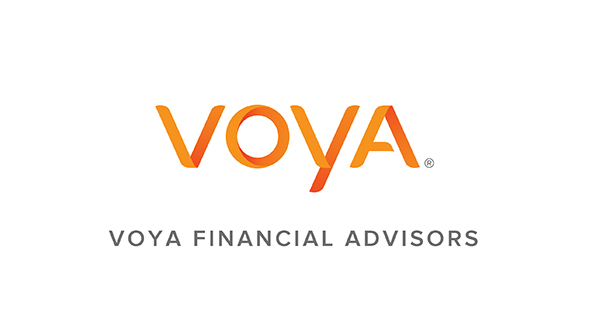Sponsored by Voya Financial Advisors
More than 57 million individuals across the United States are living with a physical or cognitive disability.1 With limited assistance from government programs, this group — along with their caregivers — has many unique considerations when it comes to creating a financial strategy for retirement. As an advisor, having an understanding of the challenges this community may face is an important way you can differentiate yourself among your peers.
Even with significant advances in education and early intervention, clients who have a child with a disability will likely need to account for some level of support for that child – caregiving services, housing or transportation – when creating a long-term plan. They’ll also need to ensure their loved one has the means to maintain this care after they’ve passed.
There are government programs designed to provide financial support to families facing disability challenges, but the rules can be confusing. Educating yourself on how to best serve the special needs community can help these clients avoid missteps in this area. For example, a caregiver’s income and assets may rule out or reduce the amount of Supplemental Security Income (SSI) they can receive before their son, daughter or loved one turns 18. In addition, after they turn 18, the child’s total assets cannot exceed $2,000. Due to these complexities, many caregivers would benefit greatly from a financial professional who can help them understand what is available to them and when. Advisors interested in supporting families in the disability community should familiarize themselves with the following key areas:
Understanding how Special Needs Trusts (SNT) are structured to receive cash, investments, life insurance proceeds and other assets that without this trust, could jeopardize eligibility for government benefits.
It’s also important that your clients have a safety net should an unexpected event prevent them from being able to work and financially support their dependents, temporarily or permanently. Entitlements are available to anyone who meets the eligibility requirement. Social Security Disability Insurance (SSDI), for example, is a program designed for people with disabilities or special needs who have a work history and have contributed to Social Security, but have been unable to work for at least a year. After receiving SSDI for two years, certain individuals may also be eligible for medical support through Medicare.
No matter what their situation, education and advice on these complex issues will ultimately help your clients make confident, informed decisions that can only help to advance their financial security and retirement readiness.
1 National Organization on Disability, November 2017.
Tom Halloran is president of Voya Financial’s retail broker-dealer Voya Financial Advisors, Inc.
Investment adviser representative and registered representative of, and securities and investment advisory services offered through, Voya Financial Advisors, Inc. (member SIPC). Neither Voya® nor its affiliated companies or representatives provide tax or legal advice. Please consult a tax adviser or attorney before making a tax-related investment/insurance decision.








